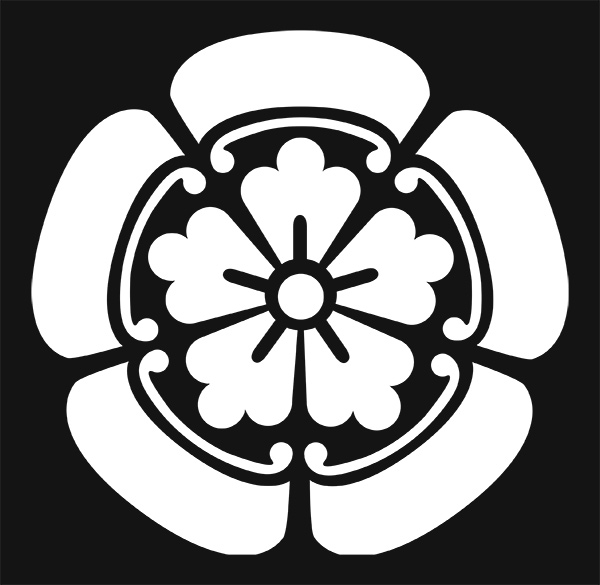
The Oda family is a prominent Japanese family that has a rich history dating back to the 12th century. The family was known for their military prowess, and several members of the Oda clan played important roles in shaping Japan's history.
The Oda family traces its roots back to the 12th century when they served as retainers to the powerful Taira clan. Over time, the Oda family rose in prominence, and their leaders began to wield significant political and military power. In the 16th century, Oda Nobunaga, the most famous member of the family, emerged as a powerful warlord who unified much of Japan under his rule.

Oda Nobunaga is one of the most famous members of the Oda family. Born in 1534, he was the second son of Oda Nobuhide, a powerful daimyo who controlled the Owari Province. Nobunaga's father died when he was just 17 years old, and he inherited his father's lands.
Nobunaga was known for his military genius and was able to defeat much larger armies through the use of new tactics and advanced weaponry. He was also known for his ruthlessness and is infamous for the Honnō-ji incident, where he was betrayed and forced to commit suicide.
Despite his brutal reputation, Nobunaga was also a patron of the arts and is credited with promoting the tea ceremony and other cultural traditions.
Nobunaga's death marked the end of the Oda family's power, but his legacy lived on. Many of the leaders who followed Nobunaga adopted his military tactics and continued his efforts to unify Japan.
The Oda family also left an indelible mark on Japanese culture. They were patrons of the arts and contributed to the development of traditional Japanese crafts such as lacquerware and ceramics.
Today, the Oda family is still remembered for their contributions to Japan's history and culture. Many Japanese people visit the sites associated with the Oda family, including the Honnō-ji temple in Kyoto, where Nobunaga was forced to commit suicide.
The Oda family is an important part of Japan's history and culture. Their military prowess, patronage of the arts, and contributions to traditional Japanese crafts have left a lasting impact on Japanese society. While the family's power may have waned, their legacy continues to be celebrated and remembered by the Japanese people.